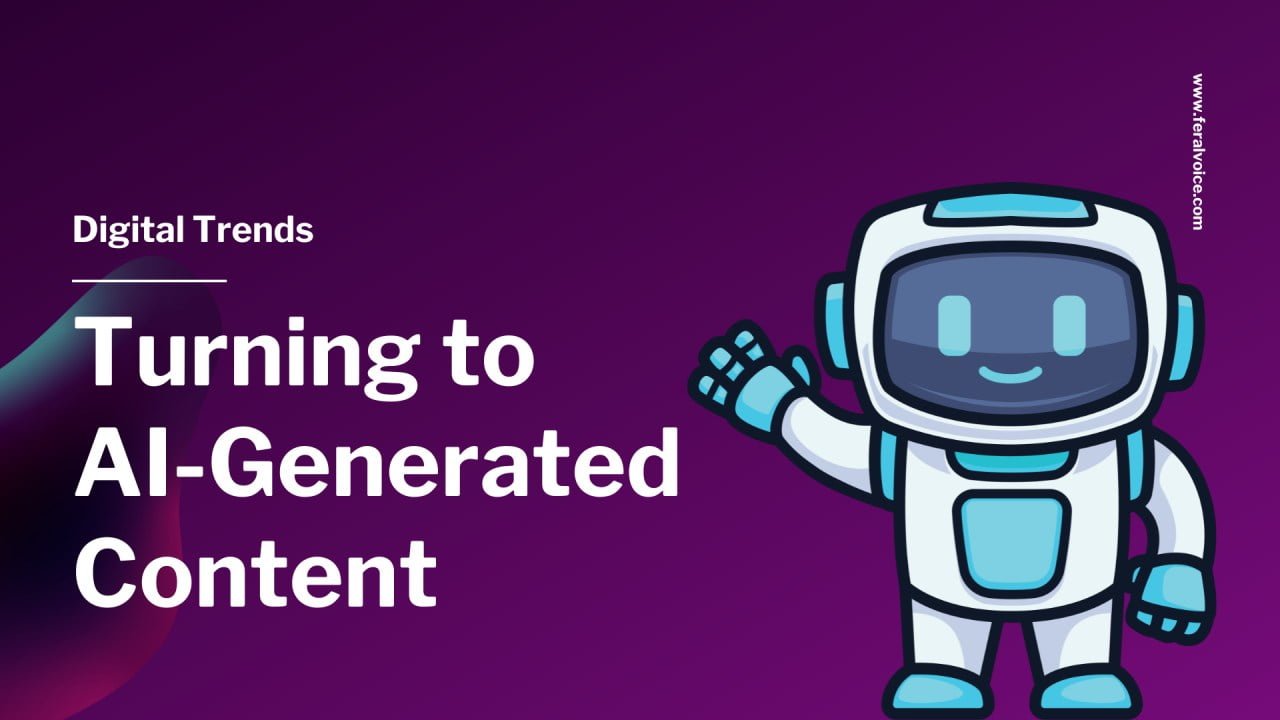In the ever-evolving landscape of digital marketing, a significant shift has been observed over the past few years. As someone deeply entrenched in the world of content marketing for more than a decade, I’ve witnessed a growing trend – the increasing reliance on AI-generated content or AI-assisted marketing by companies across diverse industries. The question that arises is whether this surge in AI adoption is just a passing phase, akin to a trial-and-error approach to integrating AI into marketing strategies, or if it is a permanent transformation shaping the future of content creation.
Exploring the Trend: The Rise of AI in Marketing Operations
Understanding the Shift
The initial curiosity around AI-generated content seems to have transcended into a widespread implementation across various marketing operations. Companies are exploring how AI can seamlessly fit into their content marketing strategies, hoping to streamline processes and enhance efficiency.
A Phase or the New Norm?
One perspective suggests that the current enthusiasm for AI in content creation might be a temporary phase – a period of experimentation to discern what works best for marketing endeavors. This could be attributed to a “see what sticks” mentality, where businesses are testing the waters with AI, expecting to refine their strategies based on the outcomes.
Black Hat SEO Tactics Revisited
However, there’s an underlying concern that echoes sentiments from the early days of SEO – a fear that relying too heavily on AI-generated content might resemble black hat tactics. This raises questions about the sustainability and ethical implications of AI-assisted marketing strategies.
The Skeptic’s View: Black Hat Early SEO Tactics Redux
The Smell of Black Hat Tactics
From the perspective of someone immersed in the nuances of digital marketing, the current surge in AI adoption raises red flags. There’s a distinct aroma of black hat SEO tactics reminiscent of the early days of search engine optimization. The concern here is that companies overly dependent on AI-generated content might face repercussions in the long run.
Anticipating Punishments
The skeptic in me foresees potential consequences for companies that lean too heavily into AI-generated content. Search engines and online platforms are becoming increasingly sophisticated in discerning authentic, value-driven content from automated, algorithmically generated material. Punishments in the form of lower search rankings or decreased visibility could be on the horizon for those who disregard the balance between human touch and AI assistance.
Conclusion: Striking a Balance in the AI Era
In conclusion, the question of whether everyone is turning to AI-generated content now is multifaceted. While the trend is undeniable, the debate hinges on whether this is a fleeting experiment or a long-term paradigm shift. The cautionary tale from early SEO practices reminds us of the importance of maintaining a delicate balance between automation and genuine human input in content creation.
As the marketing landscape continues to evolve, companies must tread carefully, embracing AI as a tool rather than a panacea for all content woes. Striking this delicate balance ensures that the benefits of AI are harnessed without compromising authenticity and ethical content creation.
FAQs: Navigating the AI Content Landscape
1. Can AI-generated content truly replace human creativity?
AI can assist in content creation, but the unique touch of human creativity remains irreplaceable. While AI can generate content based on patterns and data, human intuition and emotion contribute to the authenticity of content.
2. Are there ethical concerns surrounding AI-generated content?
Yes, ethical concerns arise regarding the authenticity and transparency of AI-generated content. Ensuring that AI is used responsibly and ethically is crucial to maintaining trust with audiences.
3. How can companies avoid potential SEO penalties with AI-generated content?
Companies should focus on creating value-driven, authentic content, using AI as a supplementary tool. Avoiding over-reliance on automated content and ensuring human oversight can mitigate the risk of SEO penalties.
4. Is AI-assisted marketing suitable for all industries?
While AI can benefit various industries, its applicability depends on the nature of the business and its target audience. Not all industries may find the same level of success with AI-generated content.
5. What steps can companies take to stay ahead in the evolving AI landscape?
Companies should stay informed about AI advancements, invest in training teams to work alongside AI tools, and prioritize creativity and innovation in content marketing strategies.

